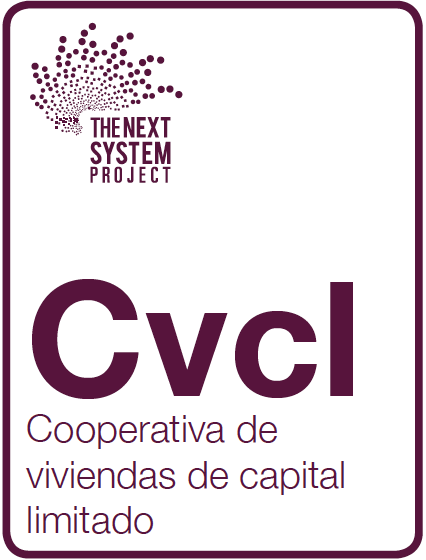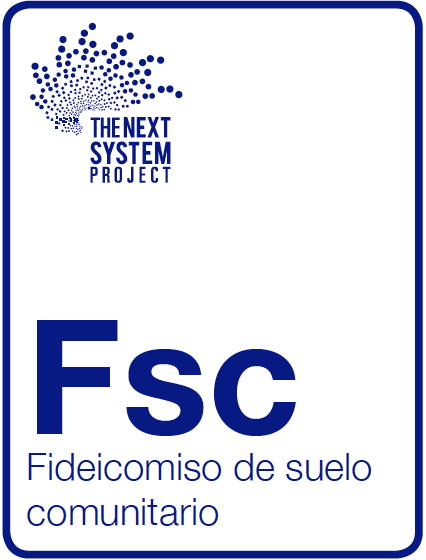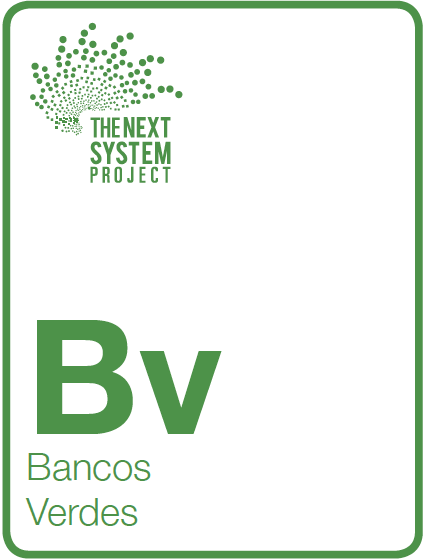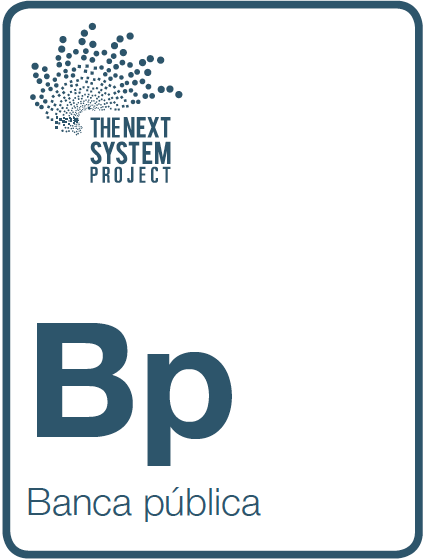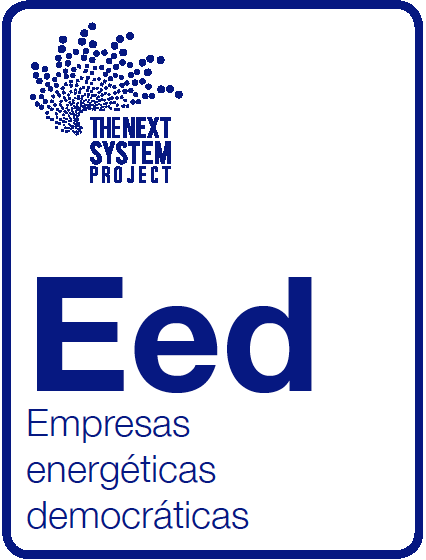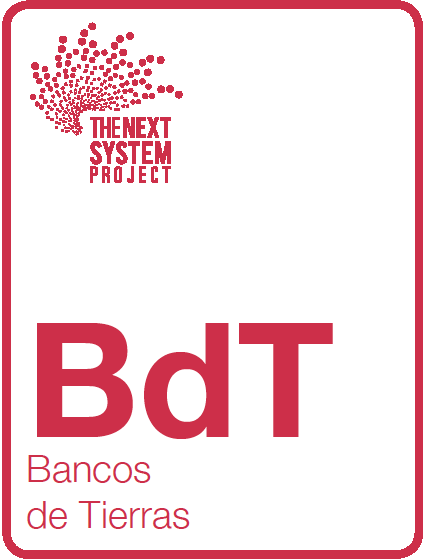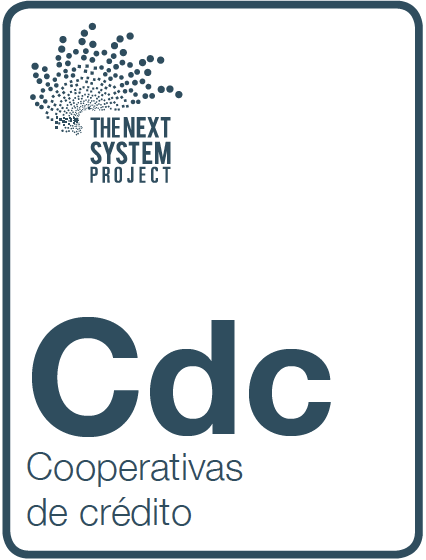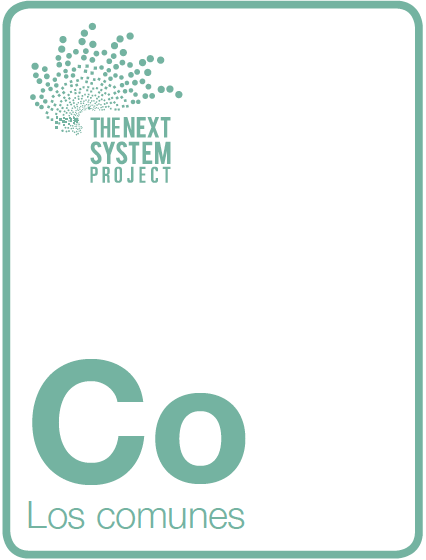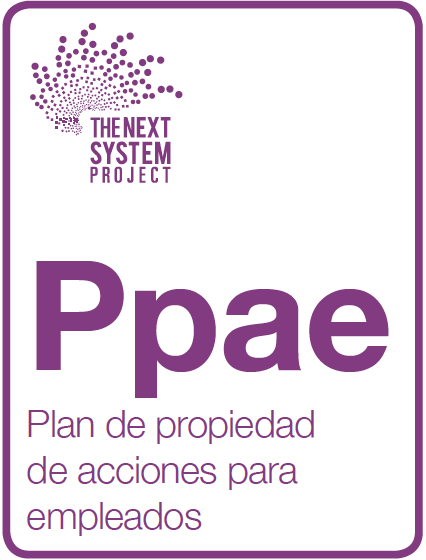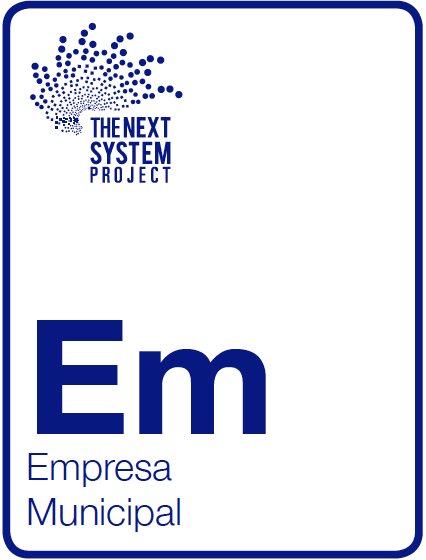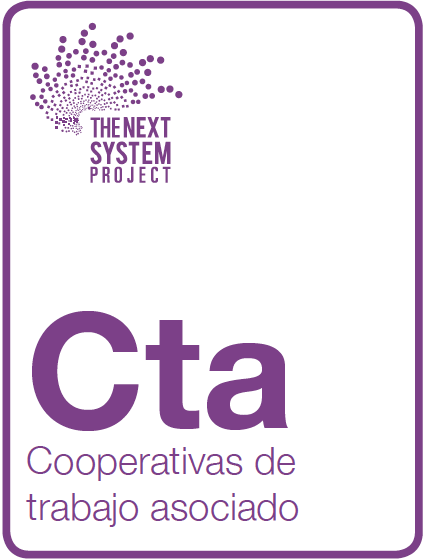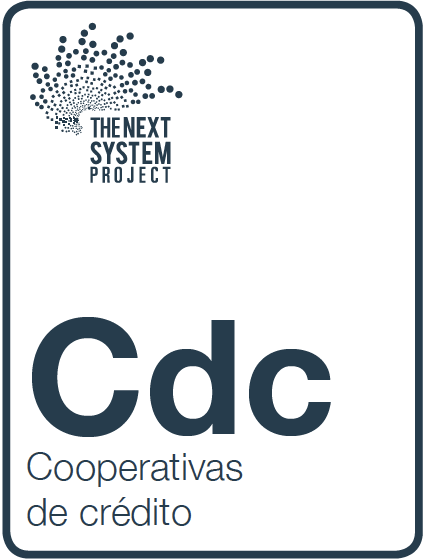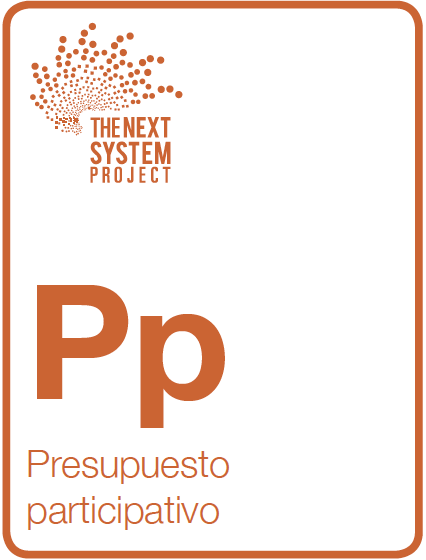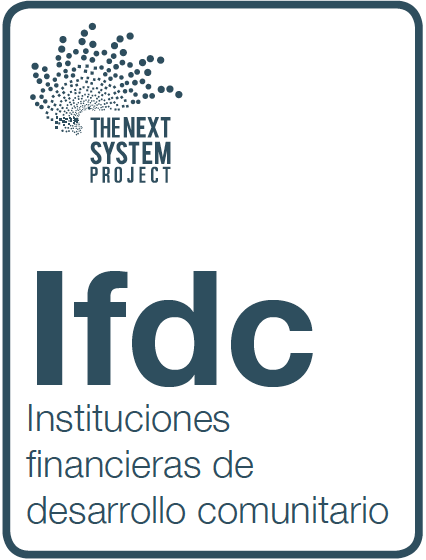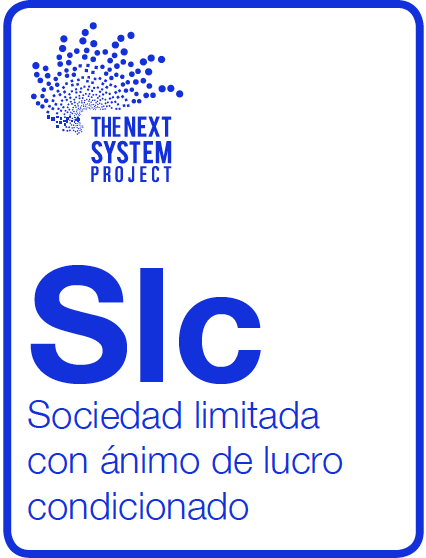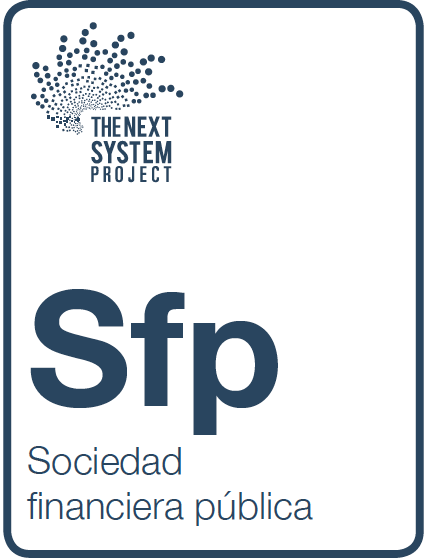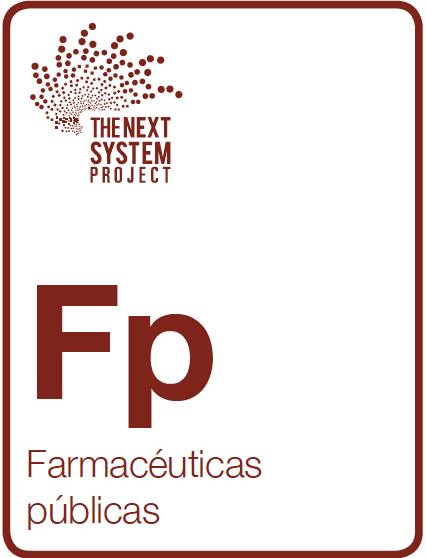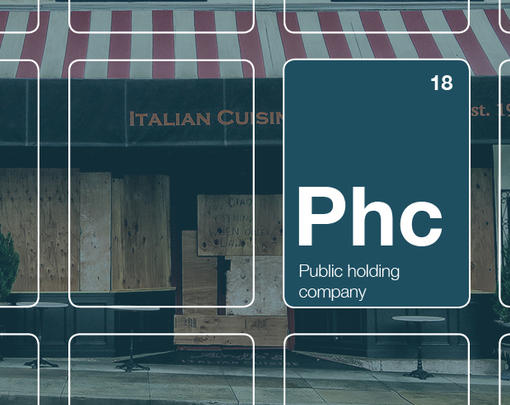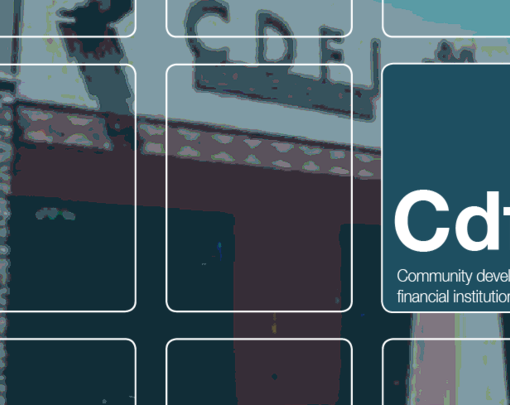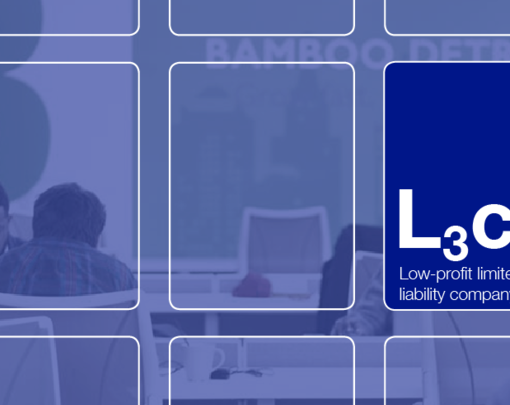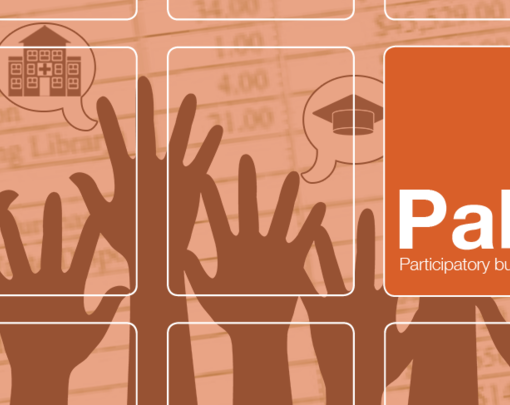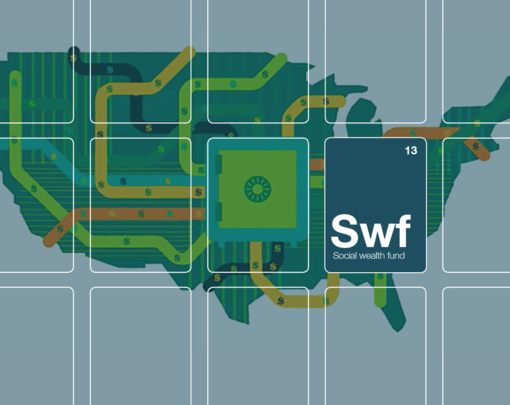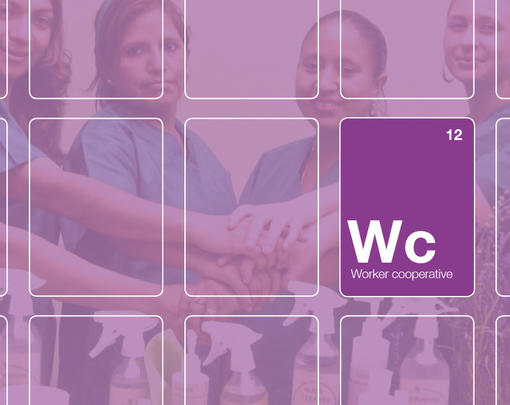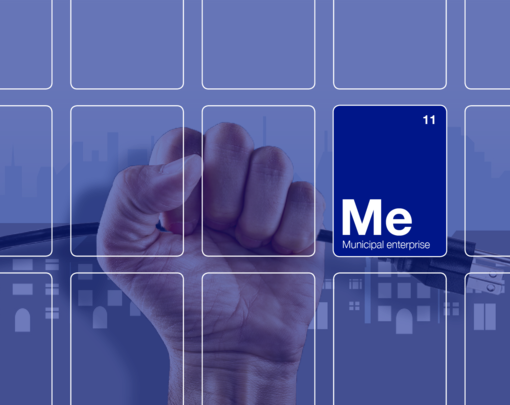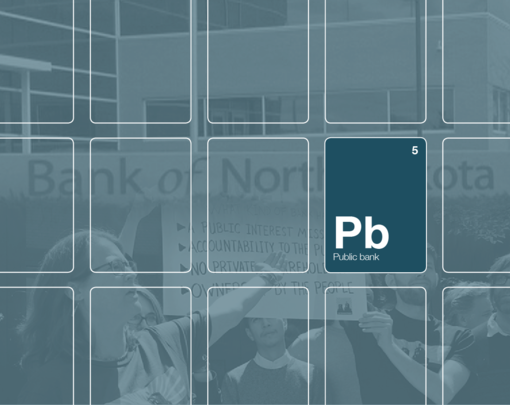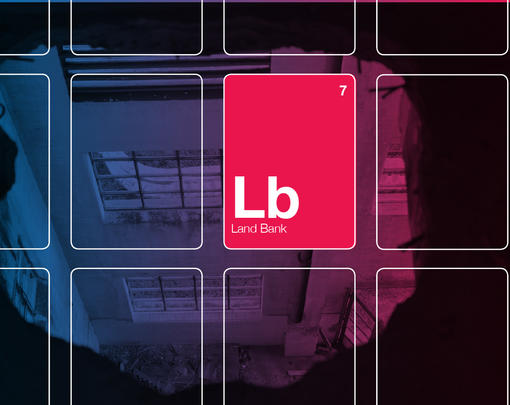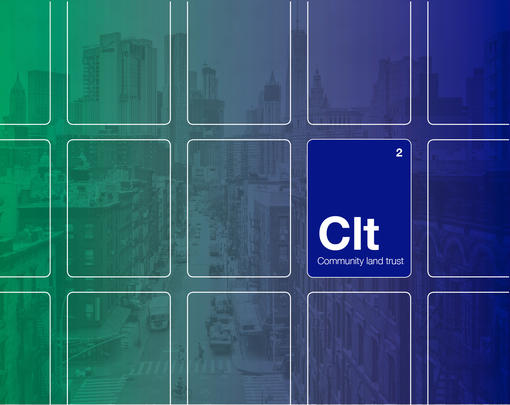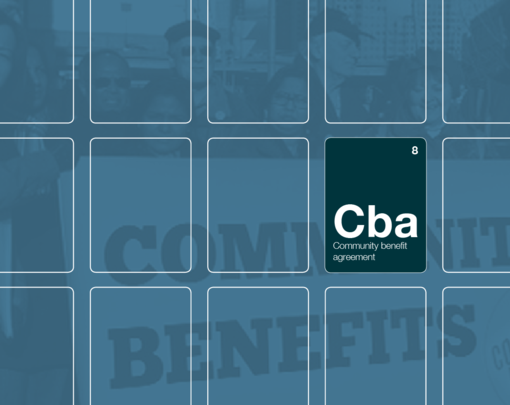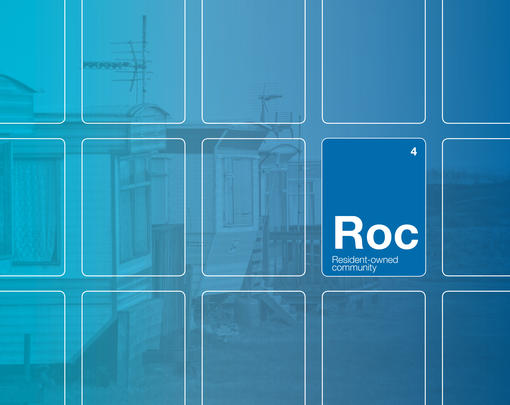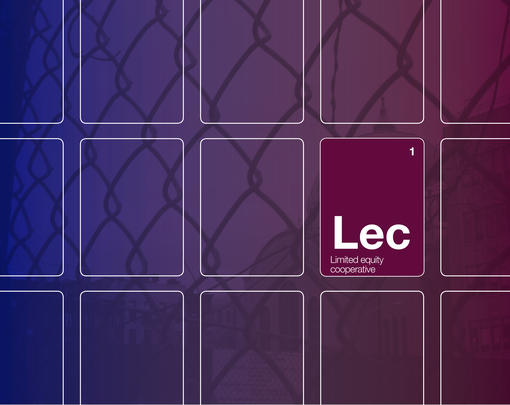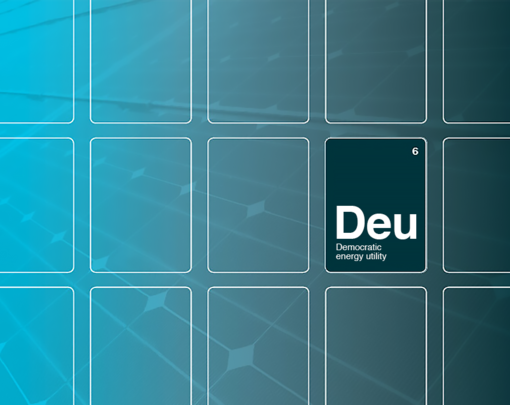Las políticas y prácticas tradicionales evidentemente nos están fallando frente a las tendencias decadentes de largo plazo en cuanto a la desigualdad de ingresos, la concentración de la riqueza, la desinversión y desplazamiento de las comunidades, la pobreza persistente con carácter racial y geográfica, y la destrucción ambiental. Como consecuencia hemos sido testigo, en estos últimos años, de una explosión de interés en la experimentación práctica con una variedad de instituciones y modelos económicos alternativos—desde las cooperativas de trabajadores y los fideicomisos de suelo comunitario, a los bancos públicos y las instituciones financieras de desarrollo comunitario—que son capaces de alterar fundamentalmente los patrones de propiedad produciendo resultados distribucionales drásticamente mejores como consecuencia de su diseño. Tomados en conjunto, estas instituciones y métodos forman el mosaico de una economía democrática en desarrollo, esbozando los contornos de un sistema más allá del capitalismo corporativo y mostrando algunos caminos hacia la misma.
Los elementos de una economía democrática destilan este panorama de exploración teórica y práctica en resúmenes concisos que describen cada una de las instituciones involucradas, evaluando sus características transformadoras e impacto potencial, y también proveyendo tanto ejemplos del terreno como desafíos restantes. Esta serie está pensada como un punto de partida para todo el que busca entender los componentes de una economía democrática que ya se está construyendo desde la base en comunidades a través de la nación y el mundo.

